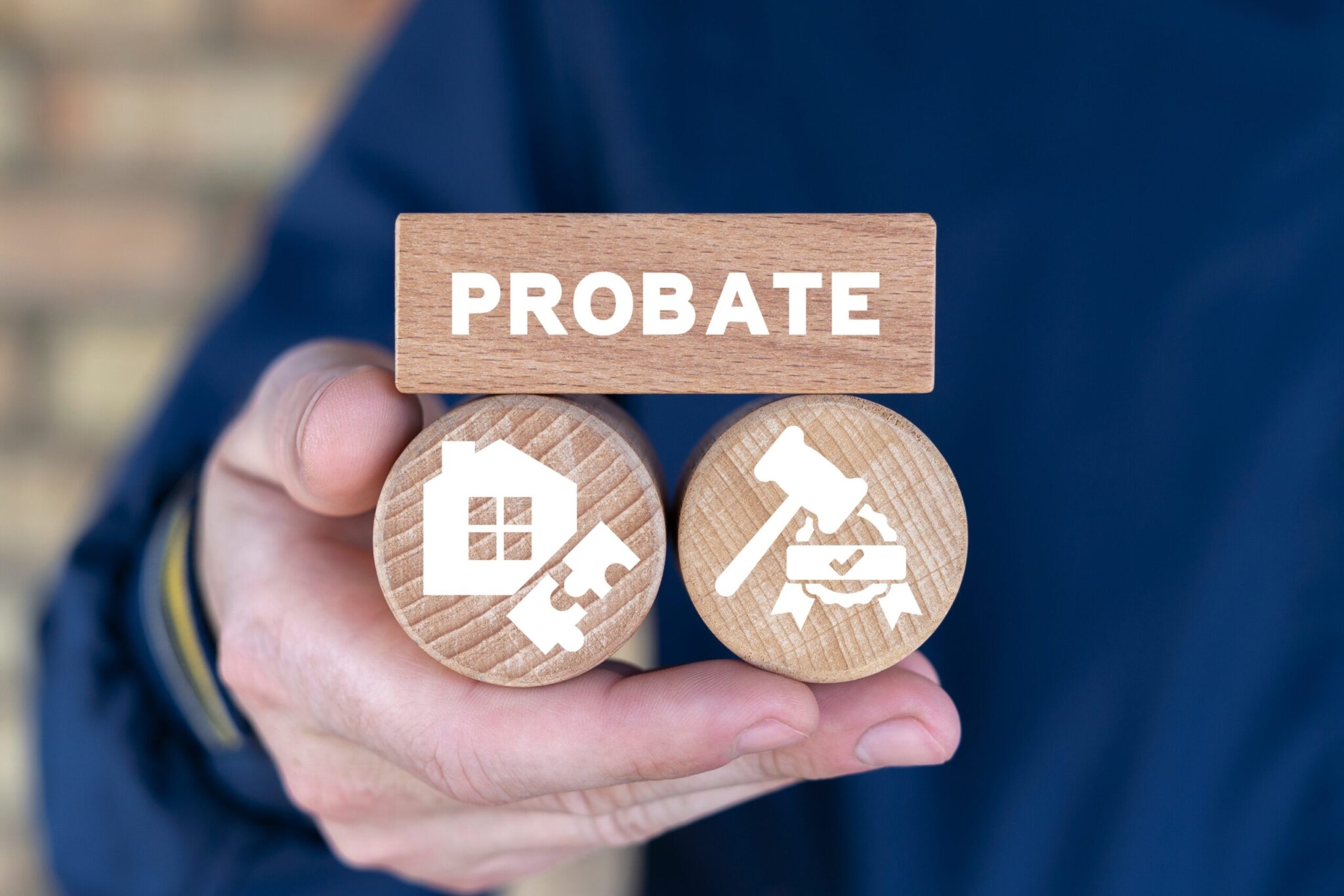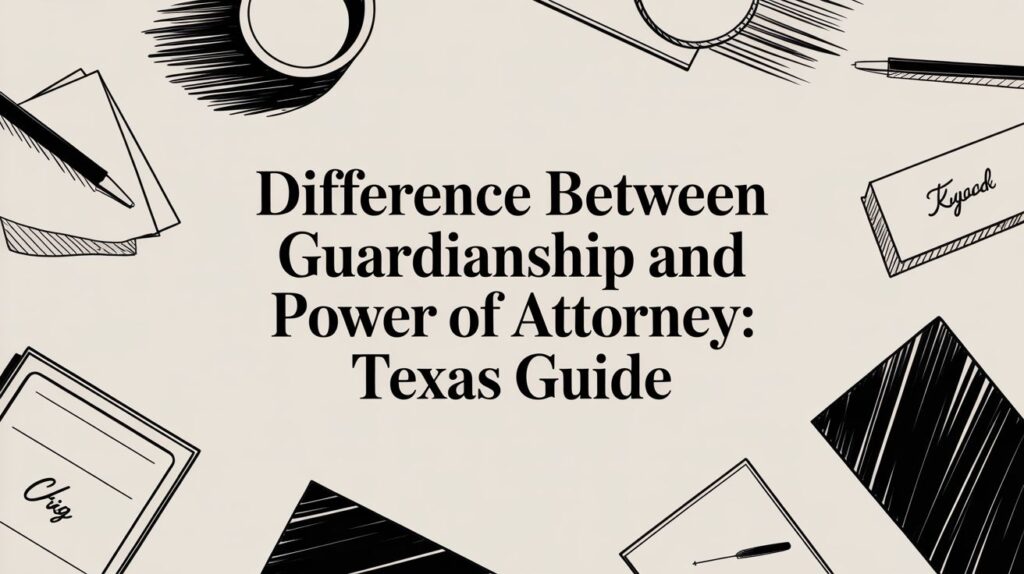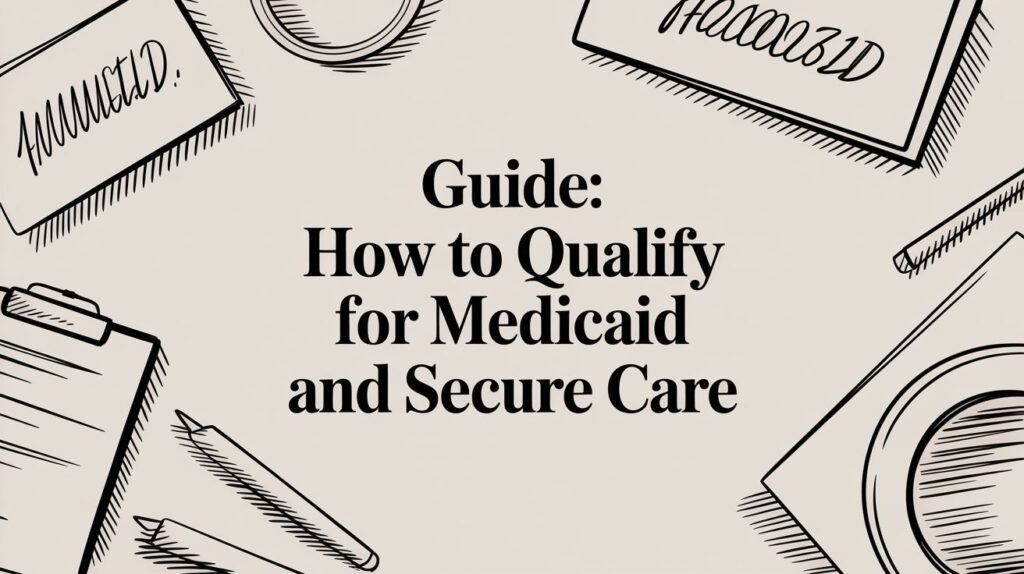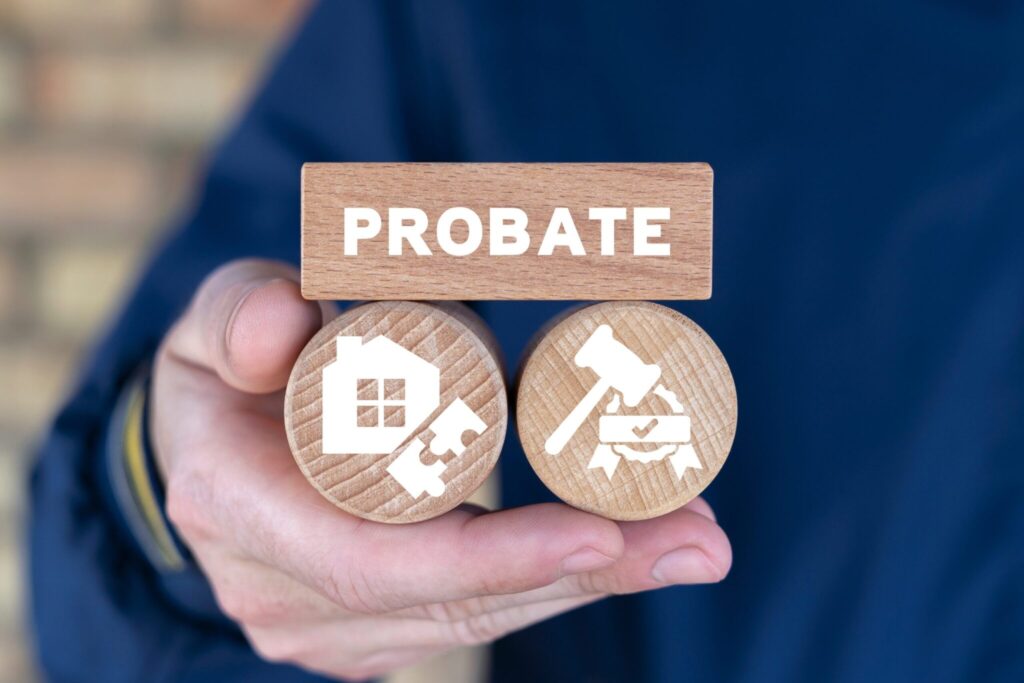If you’re navigating the death of a loved one from afar, you may be wondering how to probate a will in Houston Texas without being physically present. It’s an emotional and legal challenge, especially for out-of-state family members unfamiliar with Harris County’s probate system. The good news? While the process can be complex, it’s entirely manageable with the right knowledge and support.
In this comprehensive guide, we’ll walk you through every step—what probate actually is, how the process works in Houston, how to handle it from another state, and what common mistakes to avoid. You’ll also hear real-world stories that shed light on the practical side of probate and what to expect.
Let’s make an overwhelming process just a little more human.

What Does It Mean to Probate a Will in Houston, Texas?
Before we dive into logistics, it helps to understand what it actually means to probate a will in Houston Texas. Probate is the legal process of recognizing a will, appointing an executor, and distributing a deceased person’s assets according to their final wishes.
In Texas, probate is handled by county-level courts. Since Houston sits in Harris County, most probate cases will go through the Harris County Probate Courts. This matters because local rules and court expectations can differ significantly from one Texas county to another.
Why Probate Is Usually Necessary
Even if your loved one left a will, it can’t be enforced until the court formally accepts it. Banks, title companies, and government agencies won’t release funds or property just because someone says they’re the executor. They need court orders.
So, if your relative had real estate, financial accounts, or significant personal property in Houston, you’ll likely need to go through probate.
Real-Life Example: When Probate Becomes Unavoidable
Consider Sarah, a teacher living in Seattle. Her aunt, who lived in Houston, passed away and left a will naming Sarah as executor. Sarah assumed it would be as simple as mailing the will to someone in Texas.
But the aunt owned a home, had investment accounts, and even a car titled in Texas. Sarah quickly learned she couldn’t do anything—not even list the house for sale—until the will was probated in Harris County. That’s when the real work began.
First Step: Locating the Original Will and Death Certificate
If you’re figuring out how to probate a will in Houston Texas, the first thing you’ll need is the original signed will and the death certificate. The court typically requires the original—not a copy—of the will for the probate filing.
In some cases, the original may be stored in a safe deposit box or law firm’s office. If you’re out of state, you may need a trusted local attorney or relative to retrieve it for you.
You’ll also need a certified copy of the death certificate, which is usually obtained through the Texas Department of State Health Services or local registrar.
Second Step: Determine the Type of Probate Needed
Texas offers several different probate options, and which one applies depends on the estate’s size, the clarity of the will, and whether there are disputes.
1. Independent Administration (Most Common)
This is the preferred route if the will includes “independent executor” language. It allows the executor to operate without constant court supervision, speeding up the process and reducing costs.
2. Dependent Administration
If the will doesn’t name an independent executor or there are disputes among heirs, the court may require more oversight. This means more paperwork and approvals for every step.
3. Muniment of Title
This simplified form of probate is available when there’s a valid will, no debts (other than a mortgage), and no need to appoint an executor. It’s often used when all the assets are in Texas and the only goal is to transfer title, especially for real estate.
4. Small Estate Affidavit
If the estate is under $75,000 (excluding homestead and exempt property), and there’s no will, you might qualify for this shortcut. It’s faster and cheaper but only works under limited conditions.
Understanding these pathways is key when deciding how to probate a will in Houston Texas, especially from out of state.

Third Step: Hire a Houston-Based Probate Attorney
Here’s the truth: If you’re not in Texas, hiring a local probate attorney is the smartest move you can make. While you’re not required to have a lawyer in every probate case, the Harris County courts strongly recommend it—and for out-of-state executors, it’s essential.
An attorney will:
- File the probate petition and handle court communications
- Appear at required hearings on your behalf
- Help you post the required notices
- Guide you through inventory, accounting, and asset distribution
They can also alert you to local customs and judges’ preferences that aren’t written in any handbook. That kind of local insight can prevent unnecessary delays.
Fourth Step: File an Application for Probate in Harris County
Once you’ve assembled the will and death certificate, and hired an attorney (if applicable), the next step is filing the application to probate the will in Harris County.
This application includes:
- The decedent’s legal name and address
- Date of death
- Executor’s name and contact info
- Names and addresses of heirs or beneficiaries
In Harris County, applications are filed with the appropriate Probate Court. There are four statutory probate courts in Houston—your case will be randomly assigned to one of them.
Once filed, there’s a mandatory waiting period of 10 days before the court can act.
Fifth Step: Attend (or Waive) the Probate Hearing
After the waiting period, the court will set a hearing date. As the executor, you must appear before the judge to prove up the will—meaning you must show that the will is valid and meets Texas legal standards.
If you’re out of state, your Houston probate attorney can often attend the hearing on your behalf via affidavit, especially if there are no objections.
During the hearing, the judge will confirm the will’s validity and officially appoint the executor. Once appointed, you receive Letters Testamentary, which authorize you to act on behalf of the estate.

Sixth Step: Notify Heirs and Creditors
Once you’ve been appointed, Texas law requires that you notify certain parties:
- Heirs and beneficiaries must receive formal notice that the will has been admitted to probate.
- Creditors must be notified via publication in a local newspaper.
These notices must follow specific formats and timelines. Your attorney will help ensure everything is done correctly to avoid challenges or delays.
Seventh Step: Inventory and Manage Estate Assets
As executor, one of your most important duties is to collect, protect, and report on the estate’s assets. This includes:
- Real estate in Houston or elsewhere in Texas
- Bank accounts
- Investment portfolios
- Vehicles and personal property
You’ll also need to file an Inventory, Appraisement, and List of Claims with the court, detailing everything the deceased owned.
If you’re out of state, your attorney can assist with coordinating local appraisals, securing properties, and working with banks.
Real-Life Example: Remote Probate Done Right
David, who lived in Chicago, had to probate his late mother’s will in Houston. She owned a home, a car, and several retirement accounts. David couldn’t take extended time off to travel.
He hired a Houston probate attorney who filed everything electronically, appeared in court for him, and helped coordinate property appraisals. Within six months, the estate was fully settled—and David never had to get on a plane.
This is a great example of how to probate a will in Houston Texas efficiently—even when you’re miles away.
Common Mistakes When Probating a Will in Houston
Whether you’re local or out of state, here are the most frequent mistakes executors make:
- Waiting too long to start the process
- Trying to distribute assets before getting court approval
- Using estate funds without formal authority
- Failing to notify creditors or heirs properly
- Filing documents incorrectly or missing deadlines
These mistakes can lead to legal liability, delays, or even personal financial loss. That’s why understanding how to probate a will in Houston Texas correctly from the beginning is so important.
How Long Does Probate Take in Houston?
Timelines vary, but on average, expect 6 to 9 months for a standard probate case in Harris County. More complex estates—or those with disputes—can take a year or longer.
Here’s what affects the timeline:
- Number and type of assets
- Whether heirs are cooperative
- Court caseloads and hearing schedules
- Whether the estate includes out-of-state property
With the help of an experienced attorney, many out-of-state executors can streamline the process considerably.

Final Thoughts: How to Probate a Will in Houston Texas with Confidence
If you’re an out-of-state family member trying to figure out how to probate a will in Houston Texas, take a breath. While the process can feel overwhelming, especially from afar, it’s entirely manageable with the right plan and local support.
From locating the will and understanding Texas probate types to choosing a qualified Houston probate attorney and fulfilling your duties as executor, each step is doable—and critical to protecting your loved one’s legacy.
Probate isn’t just about paperwork. It’s about honoring someone’s final wishes while protecting the rights of their heirs. If you take the time to get informed and build a solid team, you can handle the process with confidence—even from another state.








